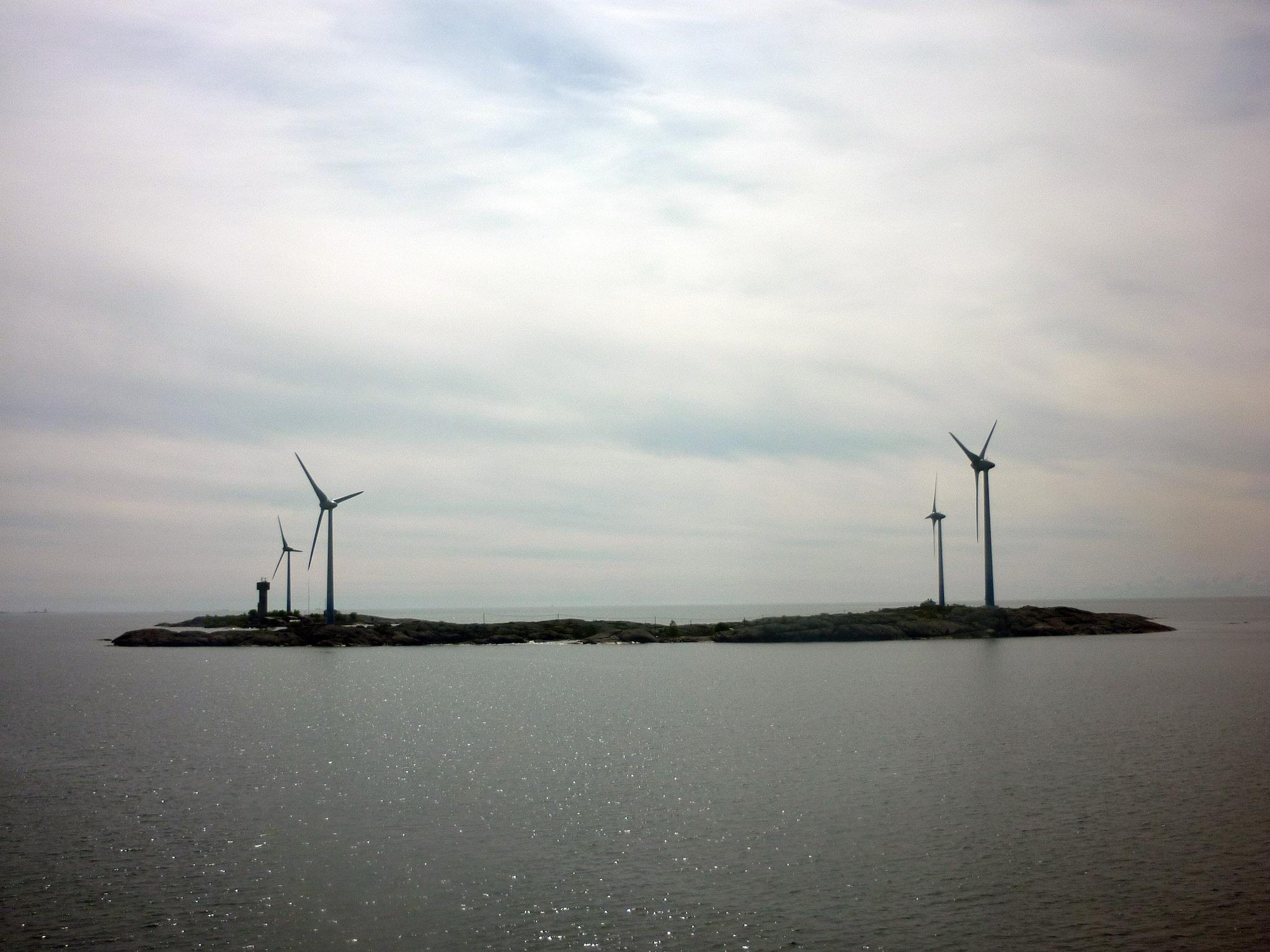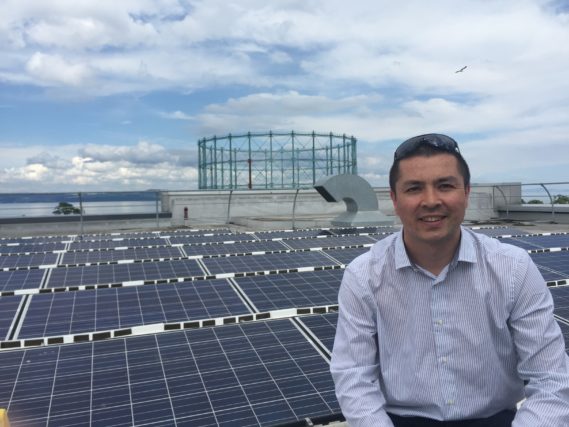
At one coal-fired power plant in southern India, Carbon Clean Solutions is capturing CO2 and turning it into baking powder for the first time at a large-scale industrial operation.

After months of uncertainty and delays, SpaceX can finally say when it expects to resume rocket launches following its September launchpad explosion.

As lifespans continue to get longer it's becoming more important than ever to understand how humanity will maintain its mental capabilities in old age.

Sweden has generated more energy from wind power than it ever has before. Nearly 5.7 million kWh of wind power was generated as the country harvested the effects of "Storm Urd".

Scotland had achieved two new solar power ‘milestones’ during 2016, with over 200MW of installed capacity solar photo-voltaic (PV) systems at over 50,000 locations across the country.

Capturing the public's interest and attention, these mixed reality technologies spread into home devices from smartphones to headsets, with media from the NFL to the NBA, to business markets including real estate and travel.

SolarStratos, a Swiss startup, has unveiled an airplane that uses solar power to lift people to the edge of space and return them gently to earth.

Everything from meteor showers and eclipses to epic space missions and more, 2017 will be worth looking up for and forward too.

The NASA mission is getting unprecedented views of the ringed gas giant's biggest mystery

Benjamin and Ingrid Hjertefolger and their four children have now resided in their geodesic dome Nature House in the Arctic Circle for three years.

Energy experts have long predicted we'd eventually shift from fossil fuels to clean energy. They were right, but there have been a few surprises along the way.

This is the first time such a ban has been carried out in Spain. It’s part of a new set of anti-pollution measures crafted by leftist groups since 2015, the third highest level out of four.

In 2012, the estimated amount of food waste in the EU was 88 million tonnes. This equates to 173 kilograms of food waste per person, and it means that we are wasting about 20 percent of the total food produced.

Elon Musk tweeted some exciting product news on Christmas Eve, hinting at a Supercharger V3 capable of charging a Tesla battery in mere seconds vs the current charging units.

Geoengineering is one of those things that sounds like maybe a good idea on paper but could also go horribly wrong.